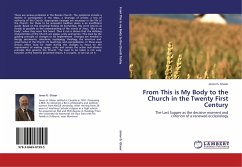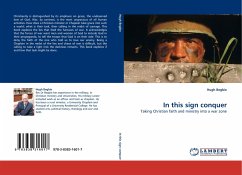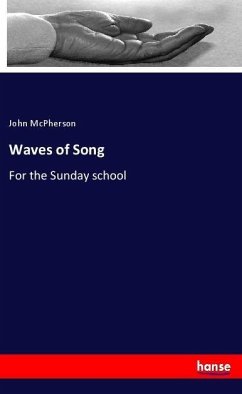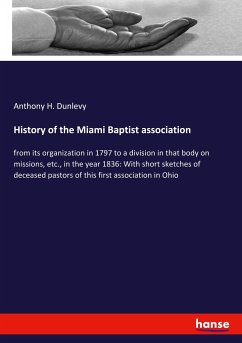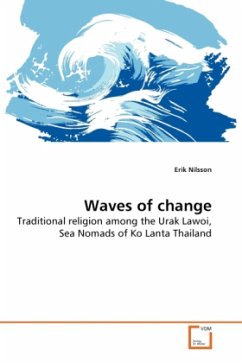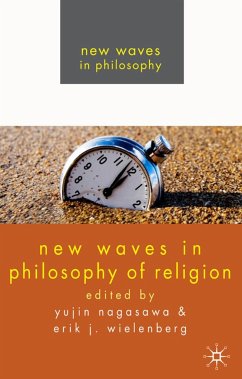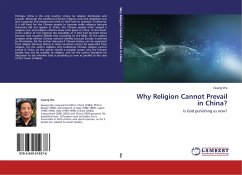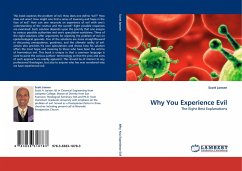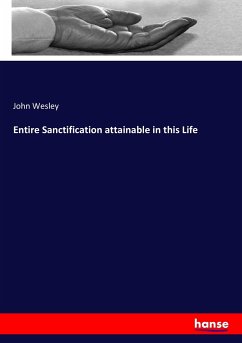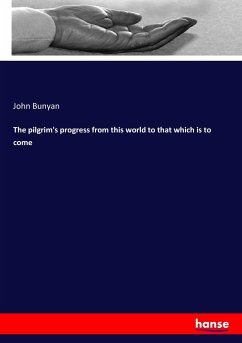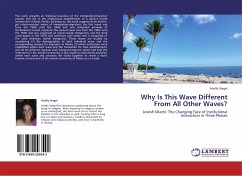
Why Is This Wave Different From All Other Waves?
Jewish Miami: The Changing Face of Institutional Interaction in Three Phases
Versandkostenfrei!
Versandfertig in 6-10 Tagen
32,99 €
inkl. MwSt.

PAYBACK Punkte
16 °P sammeln!
This work presents an historical overview of the immigration/migration process that led to the institutional establishment of a vibrant Jewish community in Miami, Florida. By doing so, this work suggests three distinct, yet interconnected waves of immigration/migration: the first wave was from the 1920s until the 1950s and was comprised primarily of Northeastern Jewish migrants; the second wave was from the 1960s until the 1970s and was comprised of Cuban-Jewish immigrants; and the third wave began in the 1970s and continues until today, and is comprised of the Latin American Jewish immigrants...
This work presents an historical overview of the immigration/migration process that led to the institutional establishment of a vibrant Jewish community in Miami, Florida. By doing so, this work suggests three distinct, yet interconnected waves of immigration/migration: the first wave was from the 1920s until the 1950s and was comprised primarily of Northeastern Jewish migrants; the second wave was from the 1960s until the 1970s and was comprised of Cuban-Jewish immigrants; and the third wave began in the 1970s and continues until today, and is comprised of the Latin American Jewish immigrants. These waves are studied by considering (1) the demographics of each individual wave and the corresponding reasons for migration to Miami; (2) which institutions were established within each wave and the motivation for their establishment; and (3) the different dynamic each immigrant/migrant cohort had with the institutions in the Jewish community. It also explores institutional evolution within each wave and connects the waves together to reveal a multi-faceted construction of the Jewish community of Miami as it is today.



